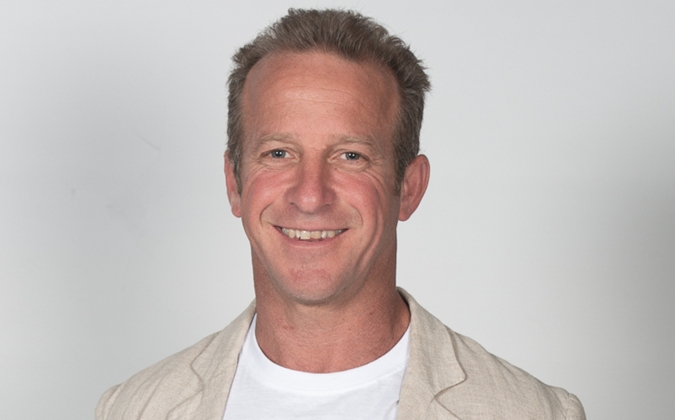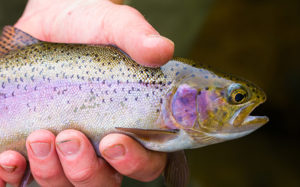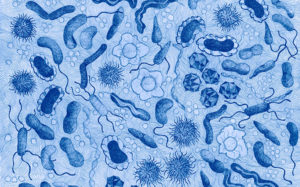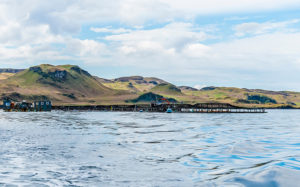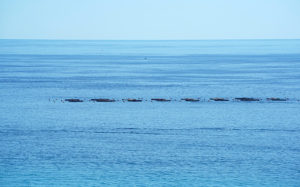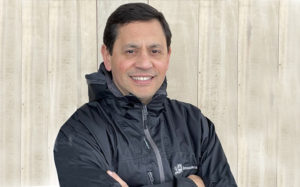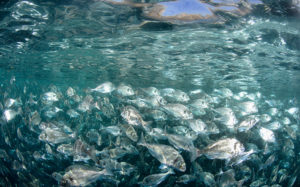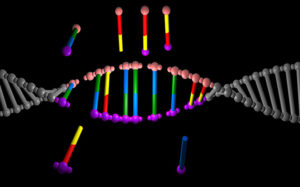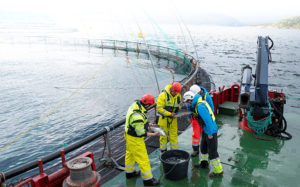The value of veterinarians in ensuring sustainability for Africa’s fast-growing aquaculture industry
Sub-Saharan Africa is enjoying an aquaculture boom — with fish health and welfare services moving in turn to meet the sector’s needs and ensure sustainable growth. In an interview, veterinarian Brandon Spolander, BVSc, MRCVS, SAVC, MSc, owner of Aquavet Africa, talks about engaging with the growing industry and addressing important gaps.
News & Trends
Visual indicators fall short in assessing anesthetic effect on fish
Visual observation is inadequate to assess whether anesthetics have rendered fish unconscious, leading to potential welfare risks, according to research in Sweden.
Bacterial risks in recirculating systems can be managed, study suggests
There is a risk that antibiotic resistant bacteria of the Aeromonas genus can be introduced into recirculating aquaculture systems (RAS), according to new research in France — while fish feed can provide bacteria with a route into these highly controlled production environments.
Revealing shared welfare challenges and solutions in the Scottish salmon industry
Sea lice, gill health and environmental challenges are the major considerations for Scottish salmon producers looking to improve the welfare of their fish, according to an Institute of Aquaculture survey.
Exposed, offshore salmon farms may complicate fish-health challenges
Life on exposed offshore aquaculture sites may increase the susceptibility of farmed Atlantic salmon to parasites and pathogens.
Cutting antibiotic use in Chile’s growing salmon sector
An interview with Francisco Vallejos, MV, deputy health manager for Camanchaca SA.
High stocking density linked to skeletal issues in juvenile sea bream
Lower stocking densities could reduce the frequency of skeletal deformities in young gilthead sea bream, increasing fish welfare and productivity.
Navigating barriers on the road to gene-edited fish
Gene editing could aid fish resistance to disease, as well as provide other advantages to producers, but there are still barriers to overcome before it becomes widely used in global aquaculture, according to an industry expert.
New tools can transform understanding of aquaculture’s microbiology
The microbiome of aquaculture systems has long been known to have a significant role in fish health and welfare issues, yet a full understanding of these interactions has often eluded experts.

